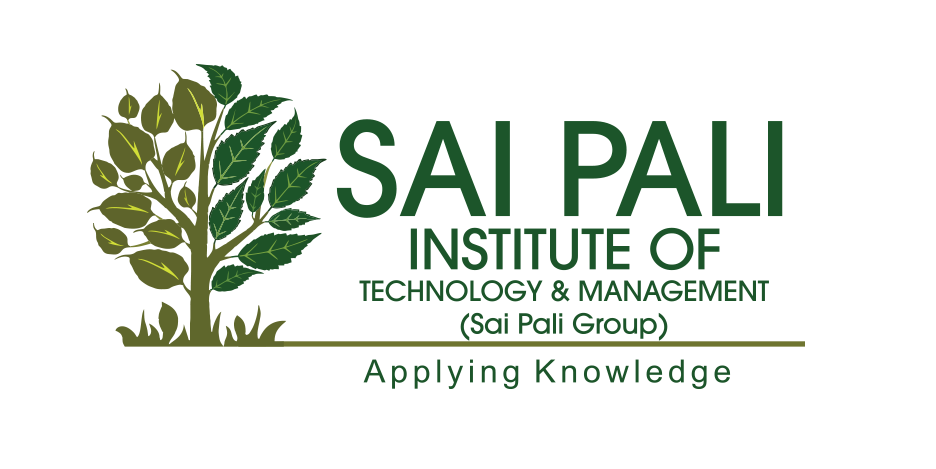
Full-Stack Development
Course Description
Proficiency in both front-end and back-end development allows you to work on the entire software stack, making you versatile in various roles.
Become A Full Stack Web Developer – Beginner to Advanced!
A Full Stack Java Developer is a software developer who has expertise in both front-end and back-end development using the Java programming language. They have a comprehensive understanding of various technologies, frameworks, and tools associated with Java development. Here are some key aspects of becoming a Full Stack Java Developer:
Java Programming: A Full Stack Java Developer should have a strong grasp of core Java concepts, including object-oriented programming, collections, data structures, and multithreading.
Front-End Technologies: Proficiency in front-end technologies is crucial for a Full Stack Java Developer. This includes HTML, CSS, and JavaScript, along with popular frameworks like Angular, React, or Vue.js. These skills enable them to create interactive and user-friendly interfaces.
Back-End Development: Full Stack Java Developers should be skilled in server-side development using Java frameworks like Spring, Spring Boot, or JavaServer Faces (JSF). They use these frameworks to build robust and scalable back-end systems.
Database Management: Knowledge of working with databases is essential for Full Stack Java Developers. They should be familiar with SQL and be comfortable using relational databases, such as MySQL or PostgreSQL, or NoSQL databases like MongoDB.
API Development: Full Stack Java Developers should have experience in designing and developing RESTful APIs, using technologies like Spring MVC or JAX-RS. This enables communication between the front-end and back-end components of an application.
Version Control Systems: Full Stack Java Developers should be proficient in using version control systems like Git. This allows for collaboration with other developers and helps in tracking changes made to the codebase.
Deployment and DevOps: Familiarity with tools like Docker, Jenkins, or Kubernetes and knowledge of cloud platforms like AWS or Azure are essential for a Full Stack Java Developer. This enables them to deploy and manage applications efficiently.
To acquire the necessary skills to become a Full Stack Java Developer, you can consider enrolling in SITM course specifically focused on Java full-stack development. These programs provide comprehensive training and hands-on experience in building end-to-end applications using Java technologies. Additionally, gaining practical experience through personal projects or internships will further enhance your skills and readiness for a career as a Full Stack Java Developer.
Course Info
- Prerequisites: No




There are no reviews yet.